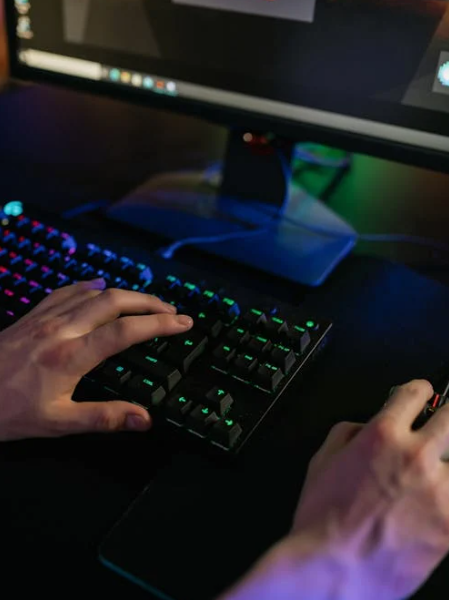Windows on Arm PCs using Qualcomm Snapdragon chips have faced criticism for their performance with applications. While apps specifically designed for Arm processors work smoothly, those built for traditional X86 processors, which are most common, have struggled.
This difficulty arises because these apps need to run through emulation, a process that translates X86 code into instructions compatible with Arm processors. Qualcomm states that the performance issue won’t persist with their upcoming Snapdragon X Elite processors and the PCs they power. However, there’s an important limitation to this claim.
At a Game Developer Conference, Qualcomm executives expressed their belief that most of the popular games listed on Steam should run almost as fast as normal on Snapdragon X Elite.
Engineer Issam Khalil suggested that game developers have a few options: they can either adapt their games for Arm processors, create a hybrid app using Arm64EC where Qualcomm’s drivers run directly but the rest is emulated, or rely on Windows on Arm’s emulation. Khalil mentioned that he thinks most games depend more on the GPU, so the emulator’s performance shouldn’t be a major issue.
However, there are some issues to consider. Games with kernel-level anti-cheat drivers won’t function properly through emulation, according to Khalil. Additionally, games that use AVX instructions may also encounter problems. This has sparked discussions on Steam, with some mentioning issues with emulators and Ubisoft games, while others claim that AVX requirements have been quietly removed.
Games with kernel-level anti-cheat drivers could include popular titles like Fortnite, Valorant, and Apex Legends. There’s a list of over 300 games that use this technology available online. To resolve this, these games might need to be specifically coded for Arm processors. But the question remains: will developers put in the effort to do so?
When Qualcomm introduced the Snapdragon X Elite platform last year, they made some big promises. Tests done by Qualcomm suggested that these processors could compete well against Intel’s 13th-gen Core H. However, emulation has always been a concern. We’ll have to wait and see if Snapdragon X Elite PCs can really keep up, or if you’ll have to be selective about which apps you use on them.








